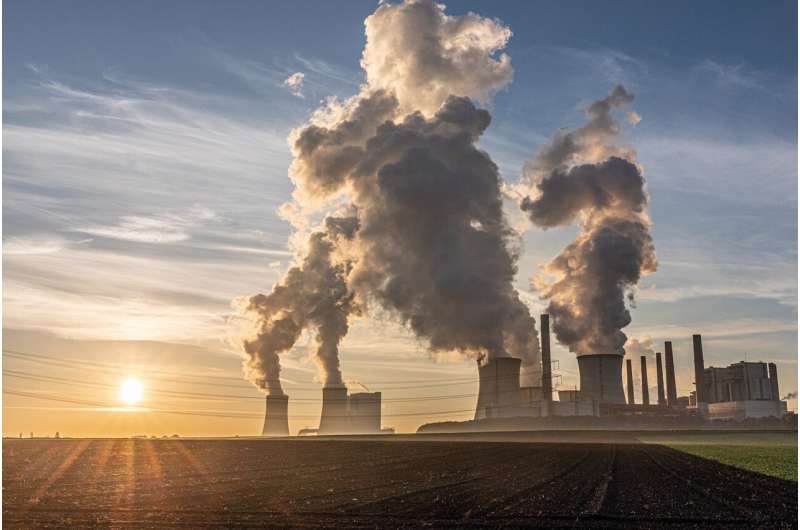This article has been reviewed according to Science X's editorial process and policies. Editors have highlighted the following attributes while ensuring the content's credibility:
fact-checked
reputable news agency
proofread
Clean energy innovation or illusion? JETP climate funds

They were billed as an ingenious new way of helping developing countries ditch planet-polluting coal, promising an injection of billions from wealthy governments looking for new ways to tackle carbon emissions.
But are the Just Energy Transition Partnerships a major climate solution to moving away from fossil fuels in emerging economies? Or are these multi-billion dollar deals a "mirage"?
Vietnam last week laid out a blueprint to transition away from coal power under its JETP deal at the COP28 climate talks in Dubai, where calls to rapidly increase renewable energy—and swiftly ditch oil, gas and coal—are dominating discussions.
Here's what you need to know about the deals:
What is a JETP?
The JETPs are financing deals between a small group of wealthy countries and a major emerging economy—usually one highly dependent on coal—aimed at limiting the impact on communities.
The motivations for these arrangements vary, according to Leo Roberts of the think tank E3G.
Donors want "cheap" emissions reductions to keep the world from sailing past its warming goals by trying to shift the energy trajectory in the major developing economies.
Receiving nations want development and economic growth, Roberts said.
"If it's possible to find money to accelerate the transition from fossil fuels to renewables-driven power systems in these countries, then everyone gets what they want," he said.
What countries have signed up?
The first JETP—worth $8.5 billion, and currently the most advanced—was agreed between South Africa and a group of wealthy nations led by Britain and was unveiled at the 2021 COP26 climate talks in Glasgow.
Roberts said "South Africa's entire economy is being dragged down by an over-reliance" on aging coal plants.
"Coal power isn't providing reliable electricity, there are rolling blackouts. It's incredibly expensive and the state utility that runs the power system Eskom is so debt-saddled that it can't borrow money."
A second JETP was signed with Indonesia, which attracted a $20-billion pledge.
Vietnam is seeking finance to power "a huge amount of development" with its $15-billion JETP, Roberts said.
Environmentalists have also raised concerns about the communist country's intention to use coal-fired plants until the end of their life, as well as shrinking civil society space.
Another deal has been announced with Senegal, worth some 2.5 billion euros, although this focuses on gas resources and the country has not forsworn fossil fuel development.
What about the money?
The South Africa deal in particular faced criticism for being almost entirely made up of loans and with interest rates not much better than the market, Roberts said.
"It's become obvious that this $8.5 billion was a bit of a mirage," he said.
A further issue is that the funds provided by the JETP are nowhere near enough to pay for the energy transition in each country.
Instead they are meant to act as an enticement for private finance.
For example, South Africa has said it will need some $80 billion over five years, while Indonesia has said it would need at least $97.3 billion.
Can they work?
Roberts said what might give the JETPs a future is that they have such high-level support, even if one tipped for India now looks likely to be "off the table", with New Delhi apparently having cold feet.
But the JETPs could help inform a more systemic approach to help developing countries ditch fossil fuels.
"The ultimate goal is to be able to provide massively scaled up energy finance to a much larger group of countries so that they can transition their economies," he said.
© 2023 AFP





















